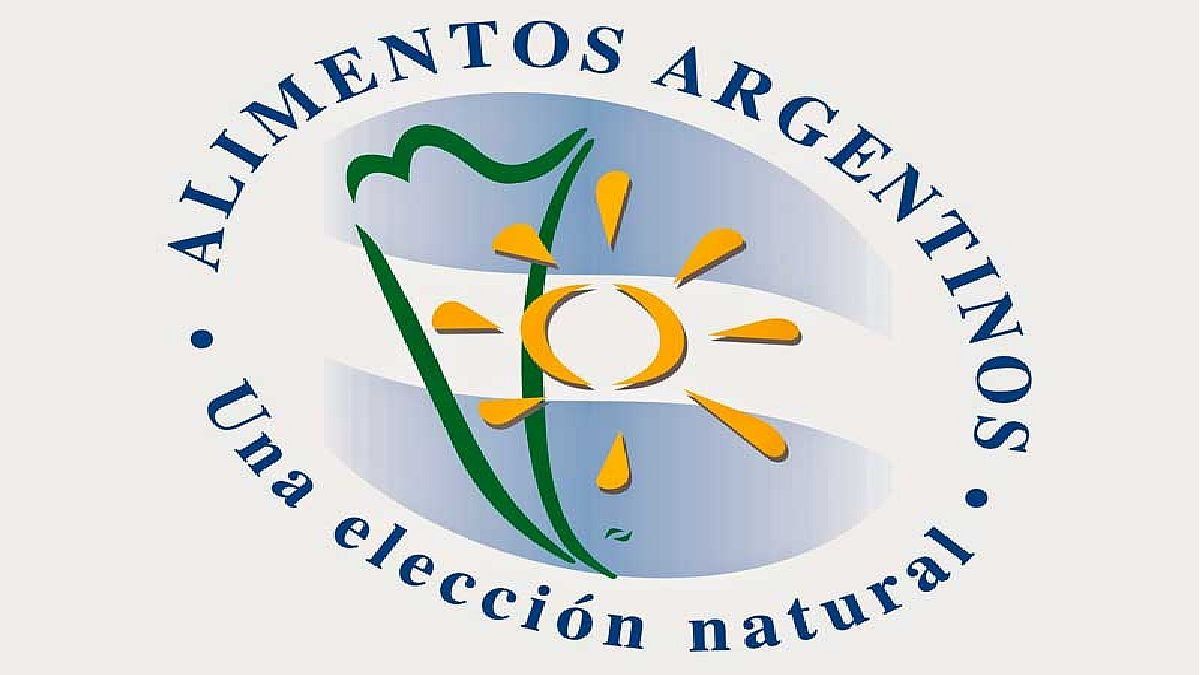The cornerstone of the idea was laid on December 1, when Doñate and Feletti met at the Secretary of Commerce. As Feletti explained on his Twitter account, the exchange was looking for “add alternatives to the currently existing marketing channels in the face of concern about rising food prices.” The legislator already had the project in the folder since October of last year and, since December, three meetings have been held to shape the final project. In the past, as a provincial legislator, Doñate had already sought to create a Rio Negro food company, taking as a reference the experience of the refrigerator in the city of Beltrán (from which he is a native), which is a state company and works around 4,000 heads of cattle.
SME food production.jpg
Based on the project draft you had access to Ambit Exclusively, the goal of “Argentine Foods” is to “favor families’ access to accessible, varied and nutritious food, produced in the country under sustainable conditions, respecting the cultural and preferred diversities of the population.”
The new national company will depend, according to the project, on the Ministry of Domestic Trade. In article 1 of the law it is explicit that the company “will have the purpose of carrying out on its own account or through strategic association with third parties, the production, manufacture, fractionation, distribution, marketing and industrialization of food products in the Argentine Republic”. Later, in the constitutive act that also accompanies the project, it is also established that “the company will be able to carry out agricultural-livestock activities and import and export activities” and, at the same time, that “it will give priority to the production, distribution and commercialization of the foods that make up the basic food basket. It also establishes that “the implementation of strategic commercial links with small and medium-sized producers that represent the regional economies of the entire country” will be promoted.
According to the regulations, the provinces will have, together, 46% of the company’s share capital. In addition, there will be regional administrations in the Pampean, NEA, Patagonian, NOA and Cuyo zones. Although the City of Buenos Aires will be the legal domicile of the company, it will not have -at least according to the draft- 2% of the shares like the rest of the jurisdictions, because it is not a province but an autonomous city. The remaining 3% of the shares may be in the hands of “human and legal persons from the private sector.”
as he knew Ambit, the project was being worked on by the legislator and the national authorities but it is still in the work phase. According to the interpretation of some of the members of the team, the project should be presented by the Executive Power, although from the environment of Doñate they do not rule out that the senator advance equally in its presentation in the Upper House. “The creation of a SAPEM must be by law unfailingly”clarifies.
The reason why the Executive Power should lead the presentation of the project was political: they sought, through a joint launch with governors and mayors, to give greater force to the social discussion and to promote legislative treatment. At the same time, they also sought to incorporate the entire sector of small and medium-sized industrialists and producers and consumer associations from all over the country.
PAG18-SUPER_opt.jpeg
Go up. The price variations of the provinces were marked by increases in food and beverages, as indicated by the organizations that measure local inflation.
“Without the participation of an instrument in which the State is a party as one more actor in the market, it is probable that in the current situation, the accessibility of food to the middle and low sectors of the population will be insufficient, since where prices They do not result from a free and competitive game of supply and demand, but from a market manipulated and directed by concentrated economic-productive sectors.says the project in its foundations.
In dialogue with this newspaper, sources familiar with the details of the meetings expand on the argument for state intervention: “Just as we have a YPF that competes in the hydrocarbon sector, an Aerolineas Argentinas that competes in the commercial airline sector, and just as we have state-owned companies and mixed that develop satellites, nuclear reactors and produce energy, How can we not have a company that produces, markets, and develops basic basket foods in the face of the serious problem of the oligopolization of basic basket foods in Argentina?
The proposal also includes a gender perspective. In article 4 of the company’s constitution, “gender diversity is guaranteed in the hiring of personnel who work in a dependency relationship, establishing the same composition of female and male personnel”, and also “the hiring of people transvestites, transsexuals and transgender, whether or not they have rectified their registration data”.
Source: Ambito
David William is a talented author who has made a name for himself in the world of writing. He is a professional author who writes on a wide range of topics, from general interest to opinion news. David is currently working as a writer at 24 hours worlds where he brings his unique perspective and in-depth research to his articles, making them both informative and engaging.




